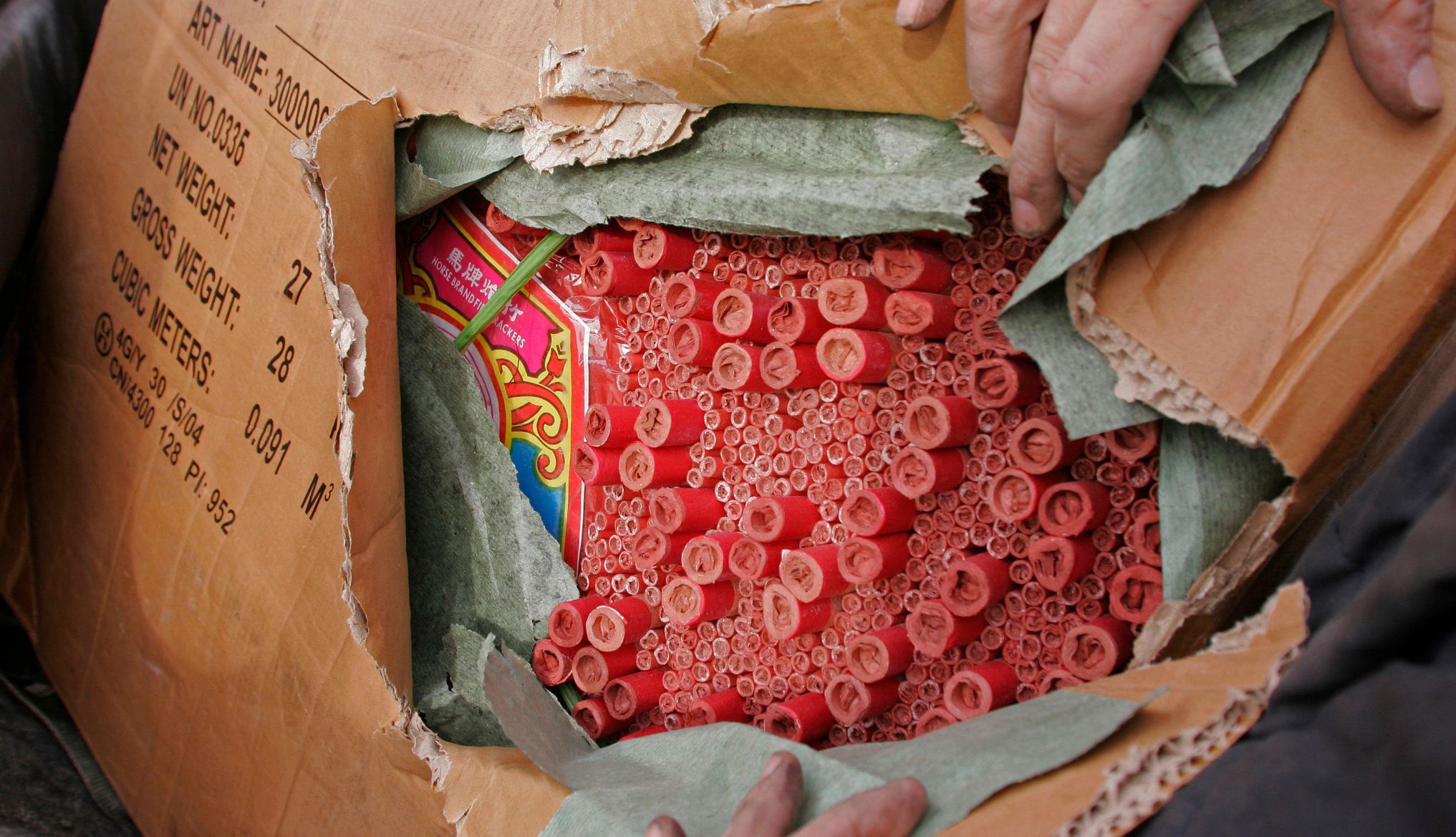
- Select a language for the TTS:
- UK English Female
- UK English Male
- US English Female
- US English Male
- Australian Female
- Australian Male
- Language selected: (auto detect) - EN
Play all audios:
Tunnels are dark places, none more so than the one in which Britain and Europe find themselves. EU officials are fond of this metaphor, to describe the final stages of a negotiation when the
details are hammered out, often burning copious quantities of midnight oil. We are still waiting to see what kind of deal emerges from this tunnel and how it is received by two quite
awkward customers: the European Council in Brussels and Parliament in Westminster. Eurocrats love trains, real and metaphorical, so they have in mind something like the Channel Tunnel, with
a sleek express speeding through the darkness towards the light. But the Brexit tunnel is not like that at all. It has been more like those depicted in old war films such as The Great Escape
or The Wooden Horse: dug through the dirt with their bare hands by prisoners. There will be no light at the end of this tunnel unless they can find it for themselves. Even then there is no
certainty that guards won’t be waiting. Three and a half years without light at the end of the tunnel is a long time to wait. So it is hardly surprising that expectations are now running
high. The Government needs to manage them carefully to avoid disappointment and accusations of betrayal. The new deal that is to replace the Irish backstop may not look entirely different
from the old one. What has changed is the ultimate direction of travel. Boris Johnson and his Cabinet are determined to “get Brexit done”. They are also sincere about the Union. So they have
a certain room for manoeuvre, even if the cramped conditions cause those doing the tunnelling to get heated. They have no choice but to trust the Prime Minister who has got them this far.
After all, if the whole thing collapses, he will be buried along with the rest. The idea that has enabled Squadron Leader Johnson to keep up the spirits of his motley team of diggers is a
simple one. It is the idea of consent. It was missing from the backstop that Michel Barnier and Leo Varadkar enshrined in the Withdrawal Agreement that Theresa May signed. But it has been at
the heart of the Boris escape plan ever since his “Dear Donald” letter to EU Council President Tusk two months ago. Initially, the principle of conceding to the Northern Irish the right to
withhold their consent to the deal met with cold contempt in Brussels. These are people who are used to being obeyed. They have raised no objection to the draconian prison sentences handed
down this week to the leaders of the Catalonian independence movement. So why wouldn’t they reject the idea of handing a veto to the provincials in Belfast? Yet the principle of consent has
now been incorporated into the broader Brexit negotiation. The talks are mainly a matter thrashing out the fiendishly complex customs arrangements implied by Northern Ireland’s new status,
as a full member of the UK Customs Union while remaining in full alignment with the EU customs and regulatory regime. The trade pillar must be strong enough to bear the weight of future
economic expectations and robust enough to allay anxieties that the province could become a black market for illegal imports. Not all businesses will relish the prospect of reclaiming EU
tariffs from HMG. Boris’s new deal looks likely to come festooned with red tape. Regardless of customs checks and trade balances, however, it is the principle of consent that will speak to
hearts and minds on both sides of the Irish Sea. Only if that is carved into the new deal will the various parties — the nationalists no less than the unionists —feel that they own it. Don’t
look now, but there’s light at the end of this Brexit tunnel. Tunnelling tales don’t always end happily. Most of the tunnellers depicted in The Great Escape are recaptured and shot on
Hitler’s orders “while attempting to escape”. But here the analogy breaks down. The tale of the Brexit tunnel is not a war story. Our “friends and partners” in the EU have as much interest
in free trade as the British. It’s their tunnel as much as ours; indeed, we are all in it together. This escapade should not be about punishing Britain or blaming Brussels, but about both
sides reaching for the sky.









